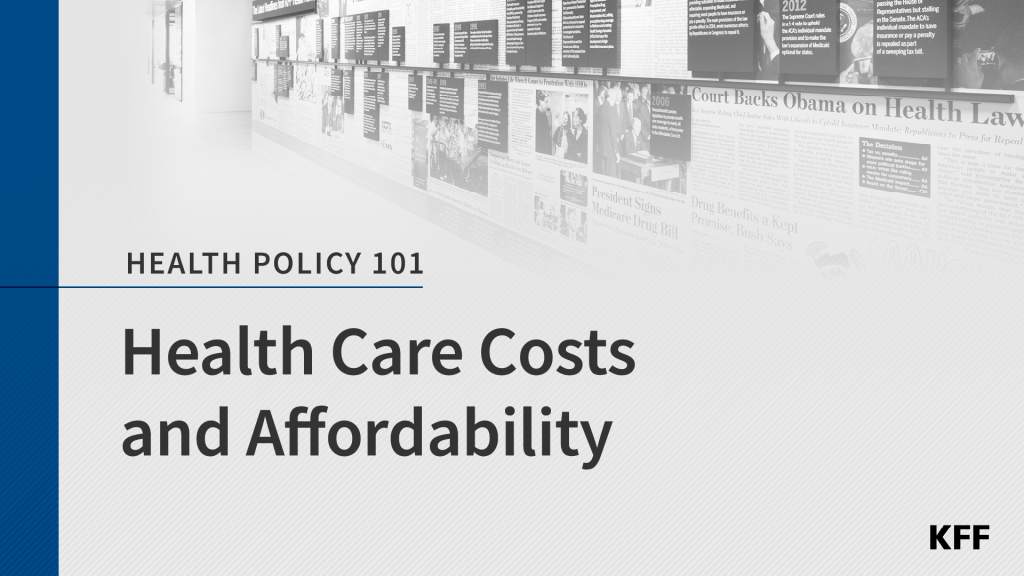How Much Do Medicare Beneficiaries Spend Out of Pocket on Health Care?
This analysis presents the most current data on out-of-pocket health care spending by Medicare beneficiaries, both overall and among different groups of beneficiaries. The analysis explores how much Medicare beneficiaries spend out of pocket in total on health care premiums and health-related services, on average; how much beneficiaries spend out of pocket on different types of health-related services; and what share of income beneficiaries spend on out-of-pocket health care costs.
